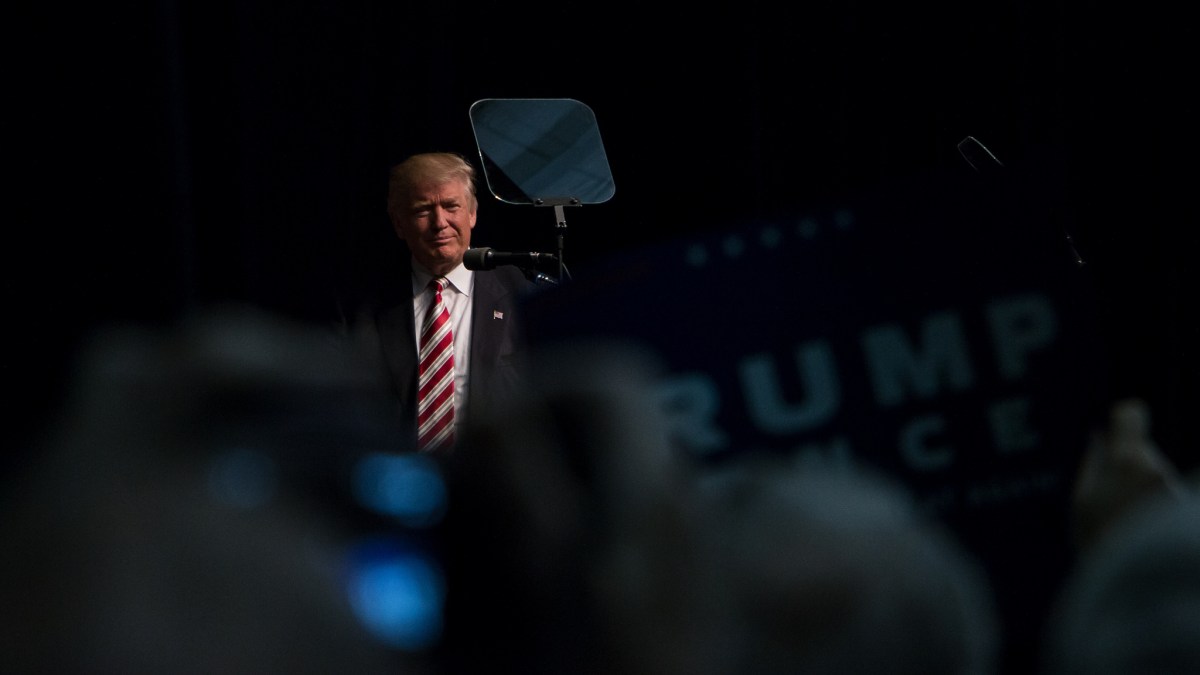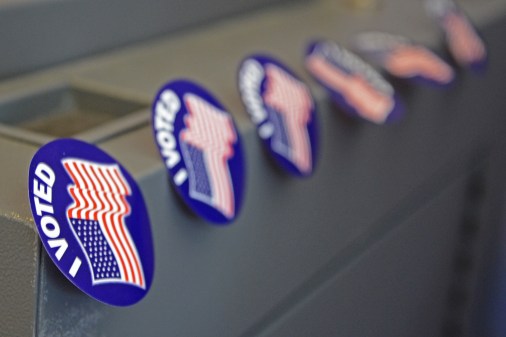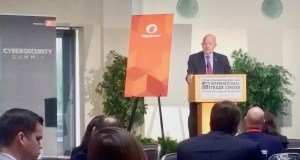U.S. officials wary of fake voter fraud stories hitting social media

With just two weeks left before Election Day, U.S. intelligence and law enforcement officials are reportedly preparing for the possibility of a foreign intelligence service posting fake documents detailing supposed voter fraud online to undermine the credibility of November’s elections, according to Reuters.
Though tangible evidence for such a plot remains apparently lacking, the threat of a malicious, precisely tailored, online misinformation campaign is nonetheless being taken seriously at the “highest levels” of federal and state government, said John Sebes, an election technology expert whose think tank, the OSET Institute, has briefed members of Congress on the matter.
“We are in this post-Ferguson, post-Occupy Wall Street era, where social media can certainly drive behavior and facilitate a call for action,” said Sebes, “claims of tampering, whether they are informed or not, can have a real, on-the-ground impact.”
WikiLeaks, followed in tow by an army of faithful, digitally savvy followers, has proven it can effectively disseminate private, election-relevant documents in recent weeks. But given the platform’s apparent ties to Russian intelligence, Julian Assange’s infamous whistleblowing outlet could also serve the part of delivering an unsubstantiated reputational attack on the upcoming U.S. election, Sebes hypothesized.
Intelligence and cybersecurity experts largely believe a portion of recent documents published by Wikileaks could have been doctored.
“Regardless of the triggering event, social media can (and will) be weaponized in any number of ways to attempt to undermine the legitimacy of the election outcome for a given jurisdiction (or any number thereof),” said Gregory Miller, cofounder of the OSET Institute.
Sebes said these types of digital attacks should be considered “reputational” in manner, alone, as they work to dismantle the observed credibility and integrity of the electoral process rather than affect it directly.
More than 25 states have reported incidents of voter registration databases being scanned for vulnerabilities to the Department of Homeland Security.
U.S. officials, however, say it would be difficult for someone to alter actual ballot counts or election results with a cyber intrusion because voting machines are not connected to the internet.
The Election Assistance Commission, Department of Homeland Security and Office of the Director of National Intelligence declined to comment for this story. An ODNI spokesperson instead deferred to a recent speech made by Director of National Intelligence James Clapper in which the Director said: “the emails released on sites like DCLeaks.com and Wikileaks and by the Guccifer 2.0 online persona are consistent with the methods and motivations of Russian-directed efforts.”





